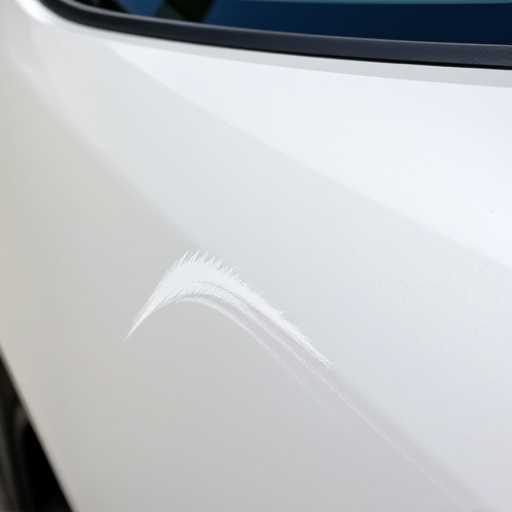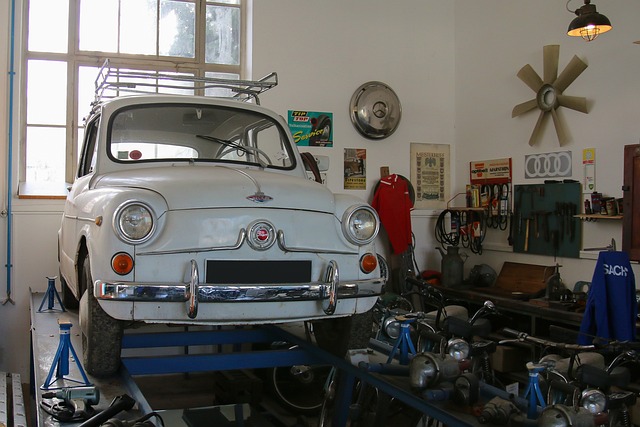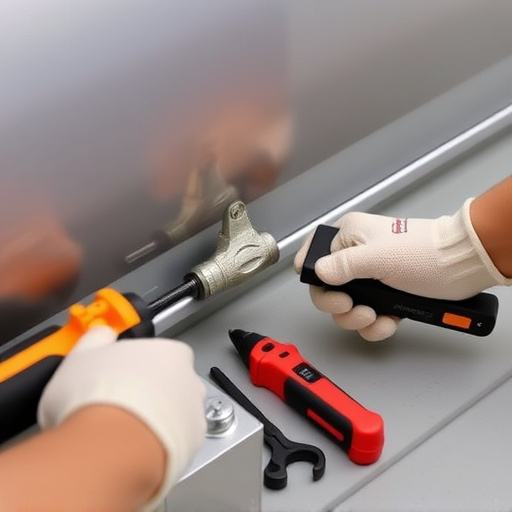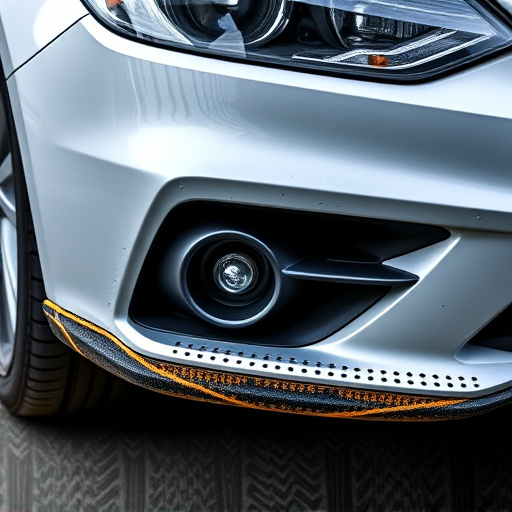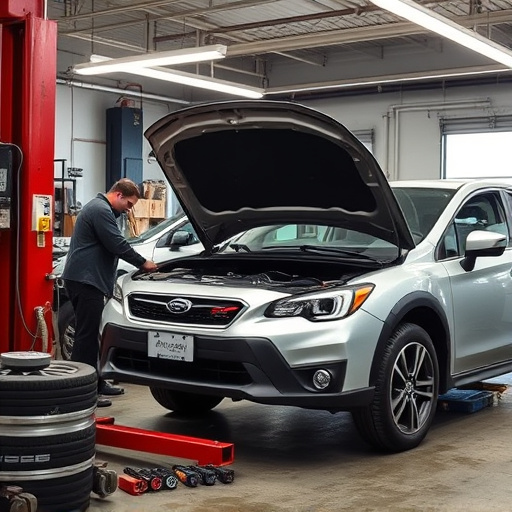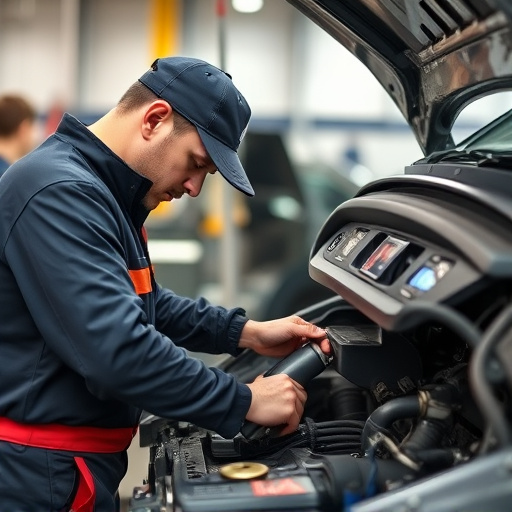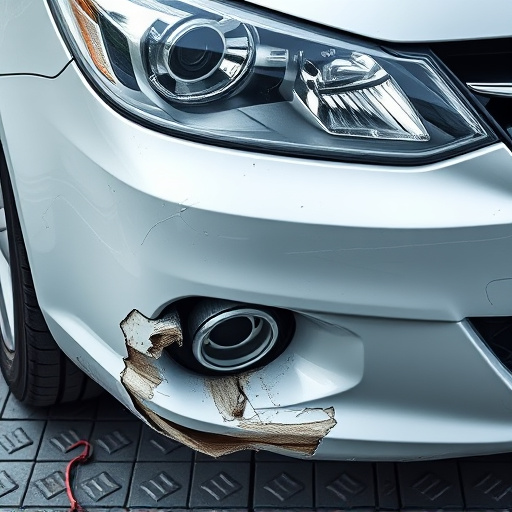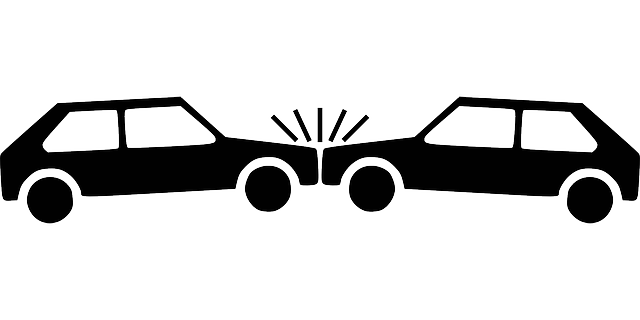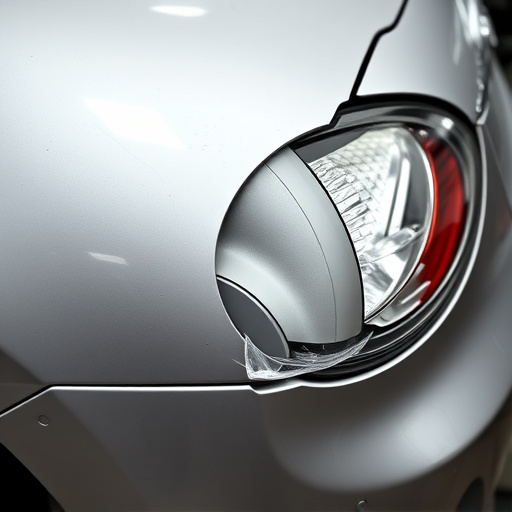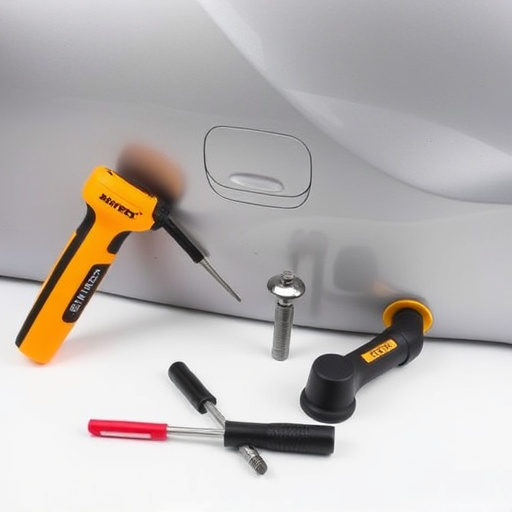Auto body panel replacement is a meticulous process crucial for vehicle restoration, safety, and longevity. Skilled technicians handle repairs or replacements for panels like doors, fenders, and hoods, addressing structural integrity and aesthetic appeal. Local regulations vary, so understanding automotive repair standards, seeking professional advice, and ensuring compliance are essential before replacing panels or considering alternatives. Delaying replacement poses significant risks to drivers and road users, compromising safety features and potentially leading to more costly repairs.
Can you legally drive with delayed auto body panel replacement? This question arises often, especially after accidents. This article explores the process of auto body panel replacement, delves into legal considerations for delays, and examines potential risks and safety implications. Understanding these factors is crucial for ensuring both your safety on the road and compliance with regulations. Learn about navigating this intricate process and its impact on your vehicle’s structural integrity.
- Understanding Auto Body Panel Replacement Process
- Legal Considerations for Delayed Panel Replacement
- Potential Risks and Safety Implications of Delaying Repair
Understanding Auto Body Panel Replacement Process
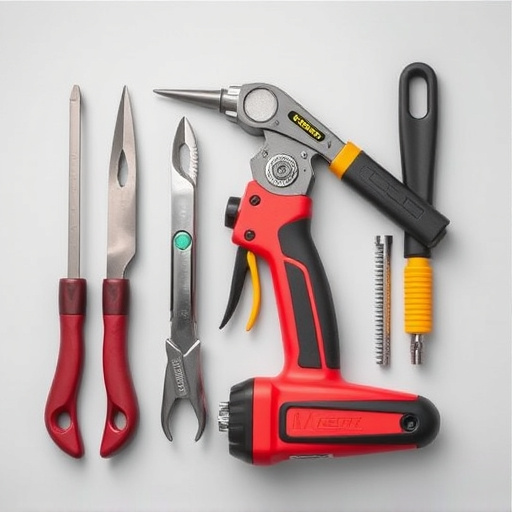
The auto body panel replacement process involves repairing or replacing damaged or shattered car panels, such as doors, fenders, and hoods. This intricate procedure is a crucial aspect of vehicle restoration, ensuring both safety and aesthetic appeal. Skilled technicians employ a meticulous approach to match the original specifications, using specialized tools and high-quality materials. The process begins with removal of the damaged panel, followed by inspection to identify any underlying issues or necessary reinforcements.
Once assessed, the replacement part is carefully fitted, aligning it precisely with the vehicle’s frame and other surrounding panels. This requires expertise in measuring, welding, and painting to maintain structural integrity and the car’s original finish. Whether it’s a Mercedes-Benz repair or general tire services and bodywork, ensuring proper auto body panel replacement is paramount for both driver safety and vehicle longevity.
Legal Considerations for Delayed Panel Replacement
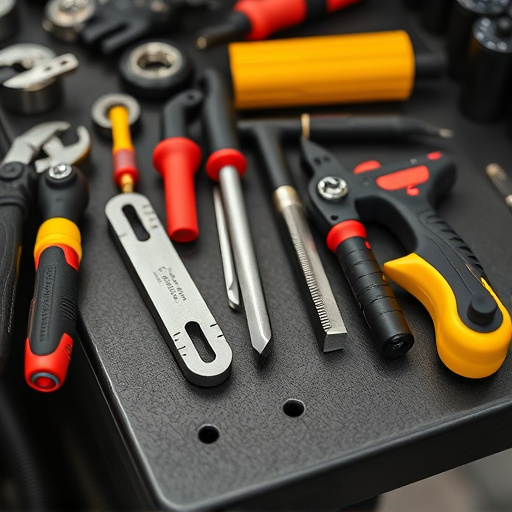
In many jurisdictions, driving with a non-original auto body panel can be a legal grey area. While there’s no universal rule against it, motor vehicle laws and regulations vary significantly across regions. Typically, these laws are designed to ensure road safety and maintain the structural integrity of vehicles.
When considering delayed auto body panel replacement, it’s crucial to familiarize yourself with local automotive repair standards and guidelines. Some areas may require that a vehicle passes an inspection or presents original manufacturer parts for insurance claims or roadworthiness certification. Using aftermarket panels or opting for car paint repair instead of replacing the entire panel might be prohibited or subject to specific conditions. Therefore, consulting with automotive repair services professionals and staying informed about local regulations is essential before taking on such a project.
Potential Risks and Safety Implications of Delaying Repair
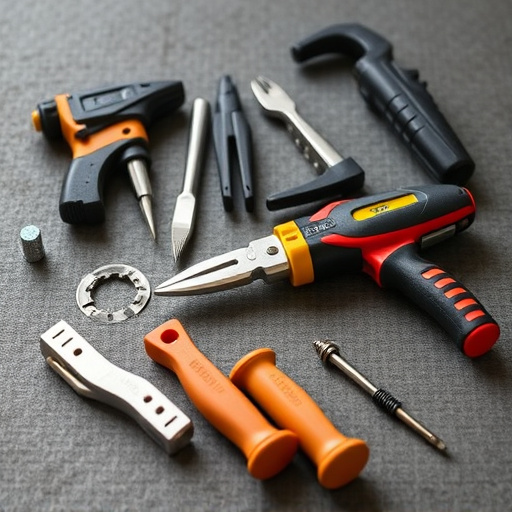
Delaying auto body panel replacement can pose significant risks to both drivers and other road users. While it might seem like a temporary solution, leaving damaged panels unrepaired can compromise the structural integrity of a vehicle. Auto body panels are designed not just for aesthetic purposes but also to provide protection in the event of a collision. When these panels are dented, cracked, or completely missing, the overall stability and safety of the car can be compromised.
Safety implications extend beyond structural concerns. Many modern vehicles are equipped with advanced safety features that rely on proper panel alignment and placement. For instance, sensors and cameras used for advanced driver-assistance systems (ADAS) require precise positioning to function correctly. Delayed or inadequate auto body panel replacement might disrupt these critical safety mechanisms, potentially leading to malfunctions that could endanger lives. Additionally, left unrepaired, even seemingly minor damage can escalate over time, causing more extensive and costly repairs in the future.
While delayed auto body panel replacement may be tempting due to cost or convenience, it’s crucial to consider both legal and safety implications. The structure and integrity of a vehicle’s frame are essential for passenger safety, and unauthorized modifications can lead to legal issues. Until a proper repair is executed by qualified professionals, driving with incomplete or delayed auto body panel replacement poses significant risks, compromising the vehicle’s overall stability and safety features. Always prioritize safety and comply with local regulations for optimal peace of mind on the road.
